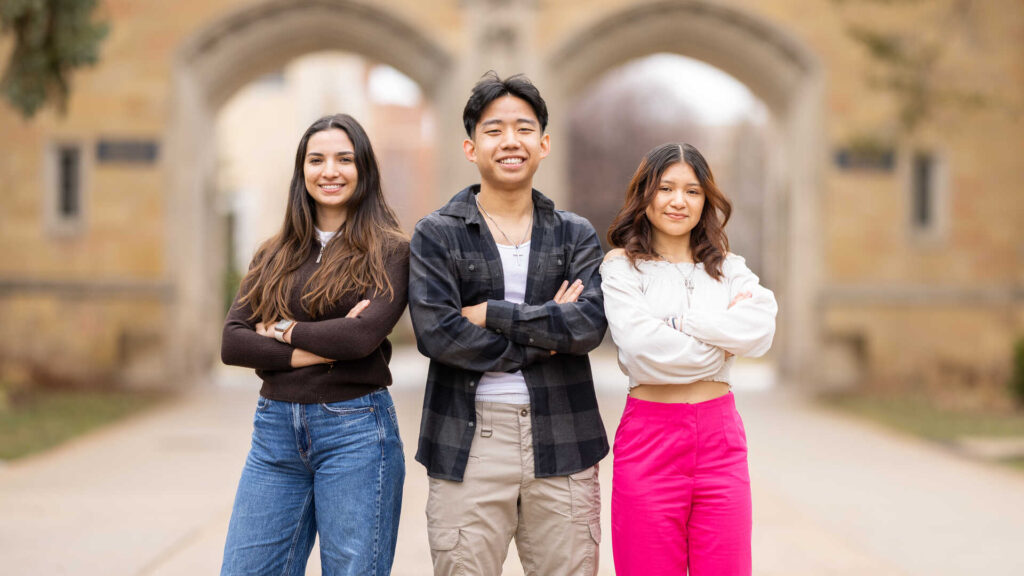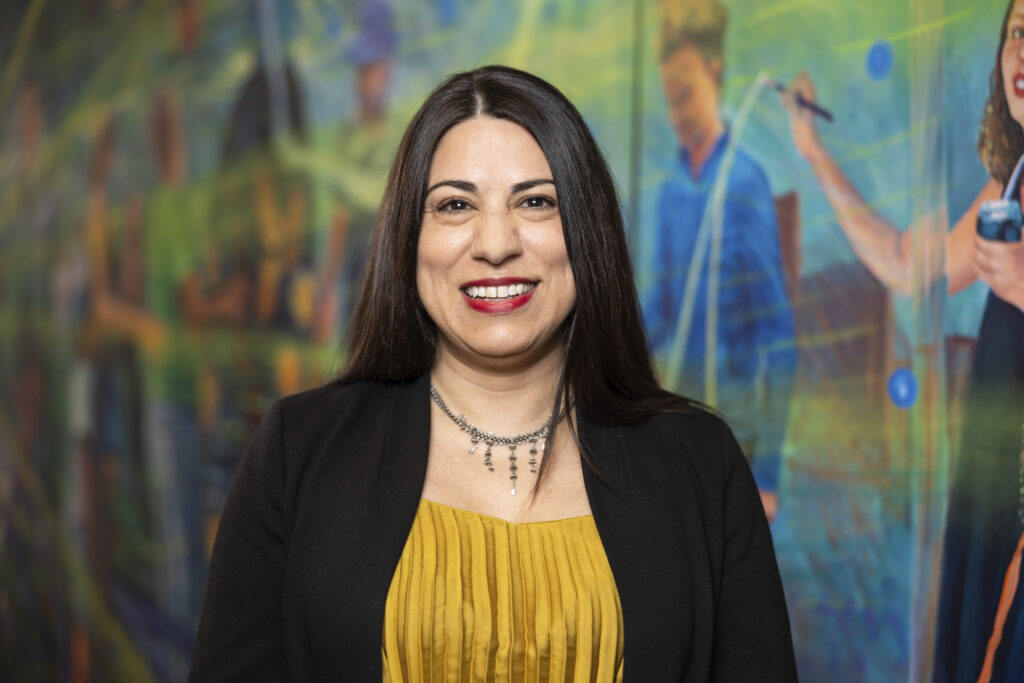The power of words and ideas
College and university campuses are frequent targets of hate crimes and extremist views on issues of diversity and inclusion. Many times these issues include debates on gender, race, ethnicity, religion, sexual orientation and/or social class status. Because of the extremist views, campus newspaper editors are challenged to handle the issues appropriately and responsibly. Reasonably, college and university campuses must create a balance in preparing students to recognize the diversity of differing viewpoints on these same issues.
When episodes occur on campus, it is the responsibility of the institution to articulate – with clarity – its position regarding hate crimes or extremist views. In his March 6 Bulletin Today column, Father Dease stated, “Hateful graffiti has no place in our community, whether motivated by racism, sexism, or homophobia. Such behavior is condemned in the university’s Convictions and its Statement on Offensive Behaviors, and it will not be tolerated.”
On March 17, an opinion piece, “Ending Racism Will Require the Help of Black Leaders,” appeared in the Aquin. The article has generated mixed reactions from students and employees who are concerned about the overgeneralized indictments presented against the African-American (black) race as a whole. More importantly, some feel this piece is one example of the tension facing black students and employees at St. Thomas today. While these are legitimate concerns, it is important to point out that this is merely one opinion about race at St. Thomas. Even though this opinion may be shared and even embraced by others, our institutional mission is to educate on the importance of anti-discrimination on and off campus.
Moving forward, we must use incidents like these as opportunities to engage in civil discourse — not civil discord. We must move beyond emotionally charged actions to recognize the power of words as tools of liberation – not tools of oppression. Every student and employee is valuable to St. Thomas; and, we are genuine as “we strive to create a vibrant diverse community in which, together, we work for a more just and inclusive society” (UST Conviction No. 5).
From 11:45 to 1:15 p.m. Thursday, March 30, in the Fireside Lounge of Koch Commons, the Black Empowerment Student Alliance will hold a civil discourse session discussing the impact of hate crimes and racist propaganda on black students at St. Thomas. Representatives from the President’s Office, Office of Institutional Diversity, Multicultural Student Services, Dean of Students Office, Counseling Services, and Public Safety have been invited to provide updates, answer questions and offer support to students. In addition, some faculty and staff members have agreed to work with the Office of Institutional Diversity and Multicultural Student Services to plan proactively additional healing opportunities and creative strategies to help address student concerns. Finally, the University Diversity Advisory Council and Diversity Work Groups, Affirmative Action Committee and Human Resources Advisory Committee members are brainstorming strategically to develop ongoing initiatives with units across the university.
Tim Wise, author of White Like Me : Reflections on Race From a Privileged Son and Affirmative Action: Racial Preference in Black and White, states, “Too often schools develop lofty missions but then do nothing to make those missions real in practice. So, they preach diversity, equity, and even social justice, but ignore those concepts in their day-to-day practice.” Because our purpose is to “create a culture among faculty, students and staff that recognizes the power of ideas and rewards rigorous thinking” (UST Conviction No. 2), we will be intentional with reference to merging philosophy and practice concurrently. I believe we can do better together!






